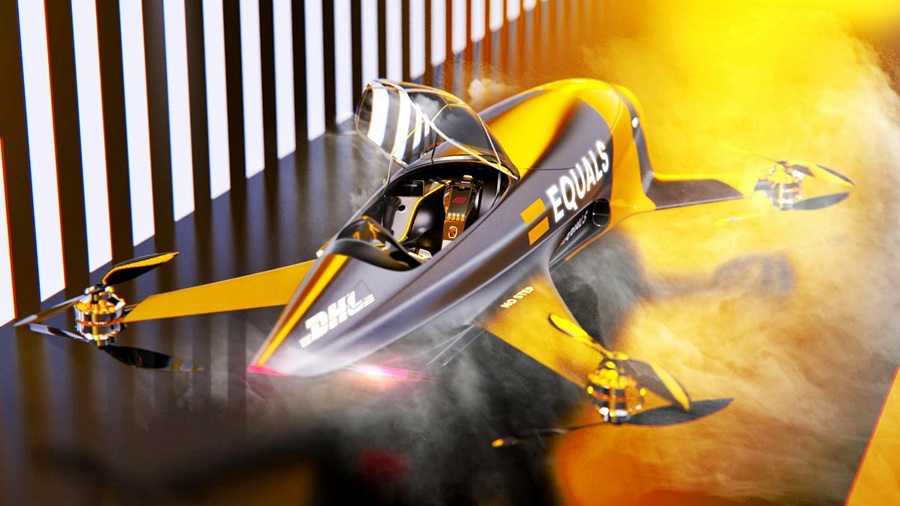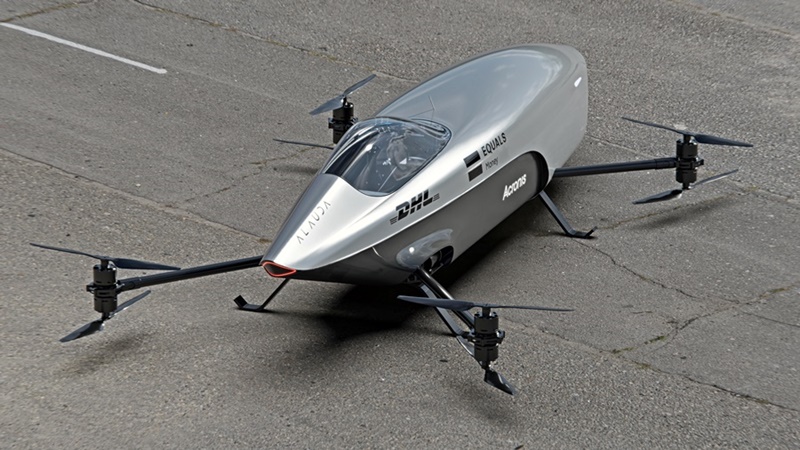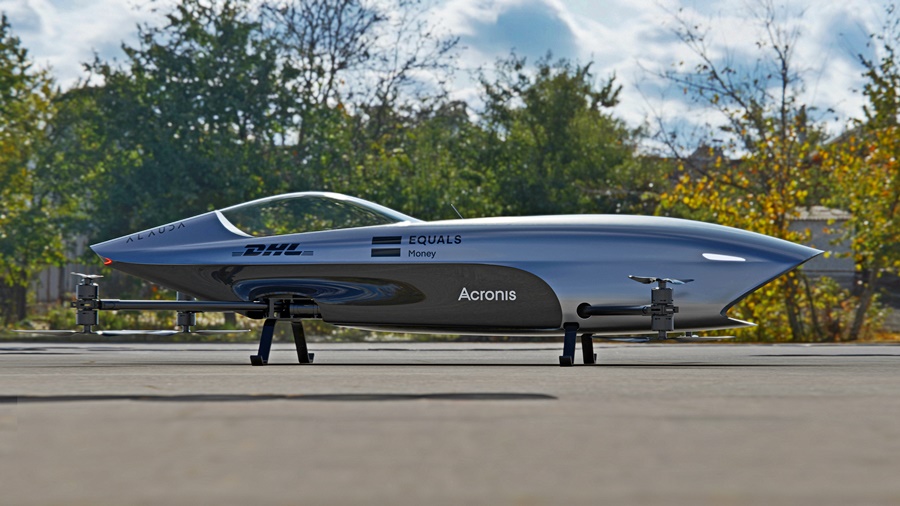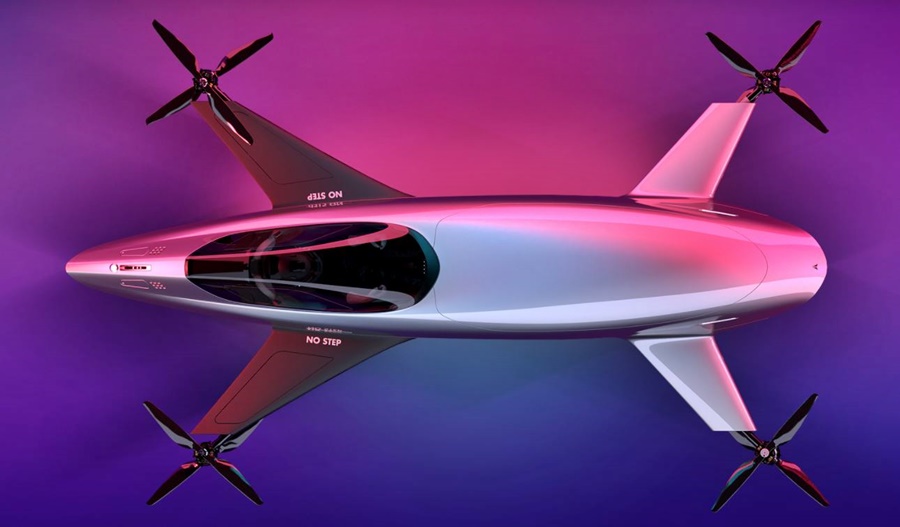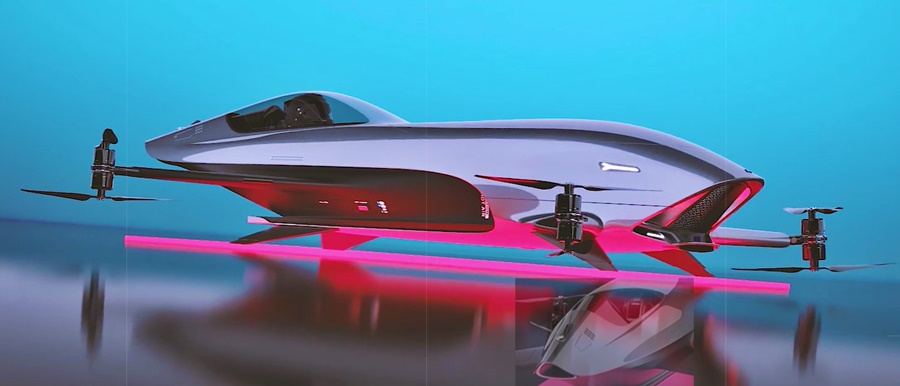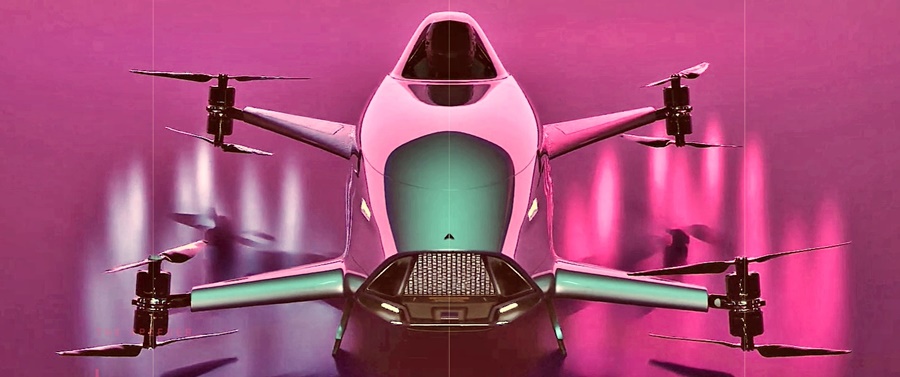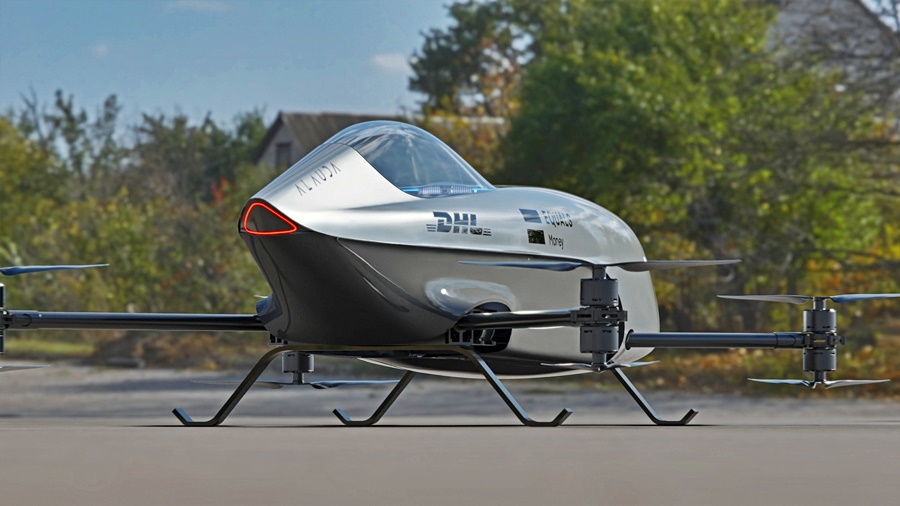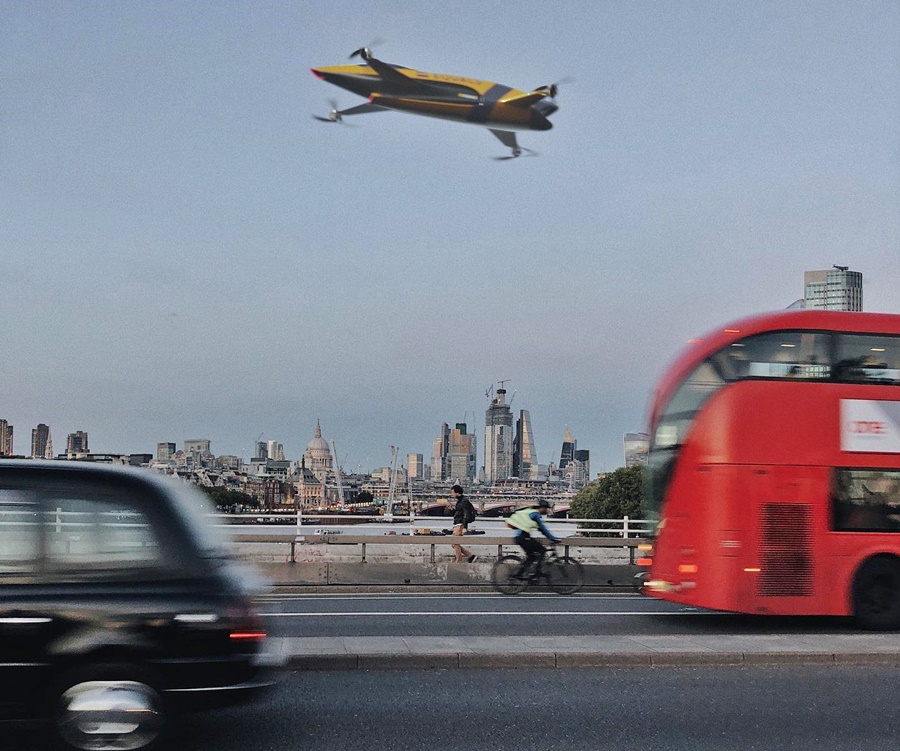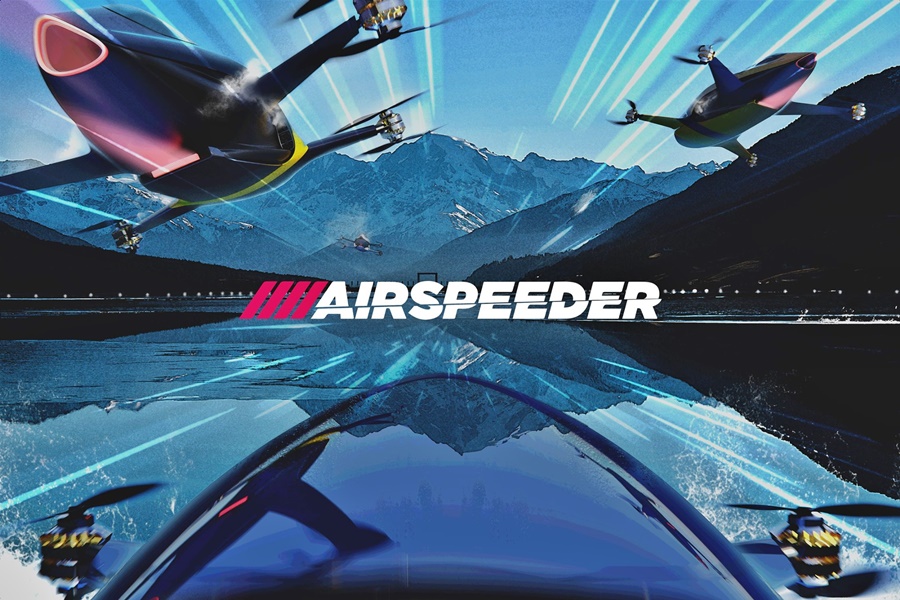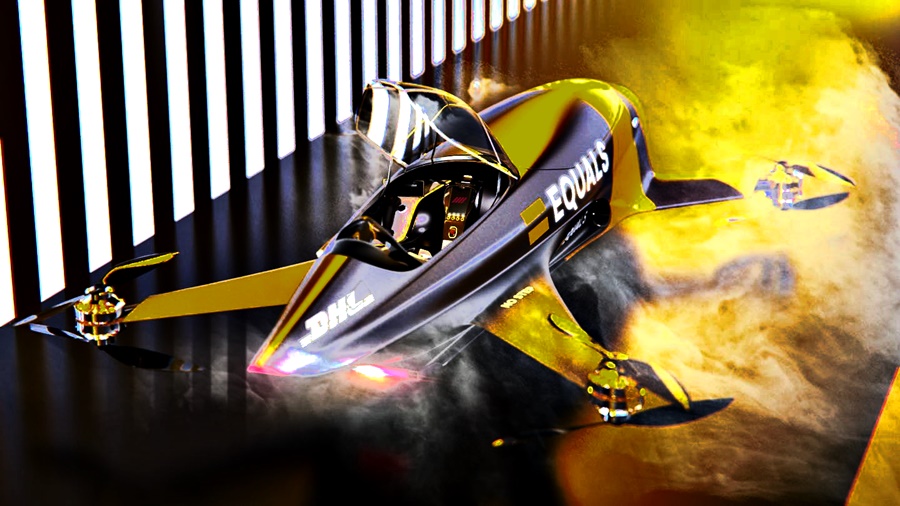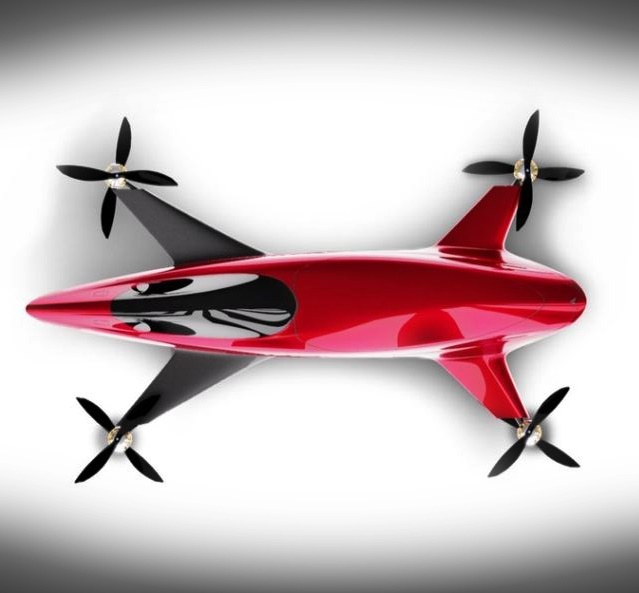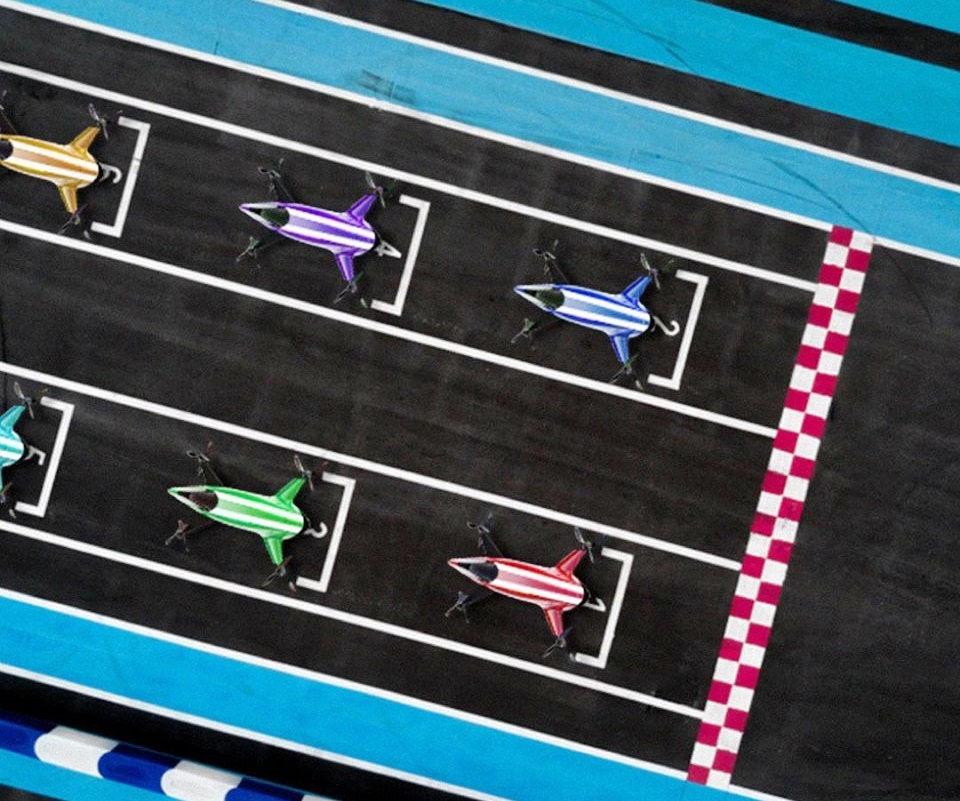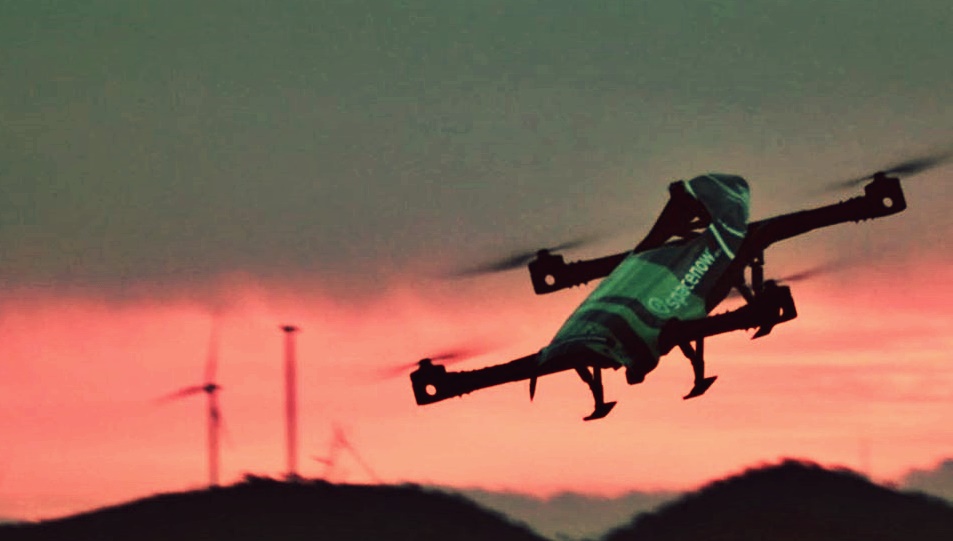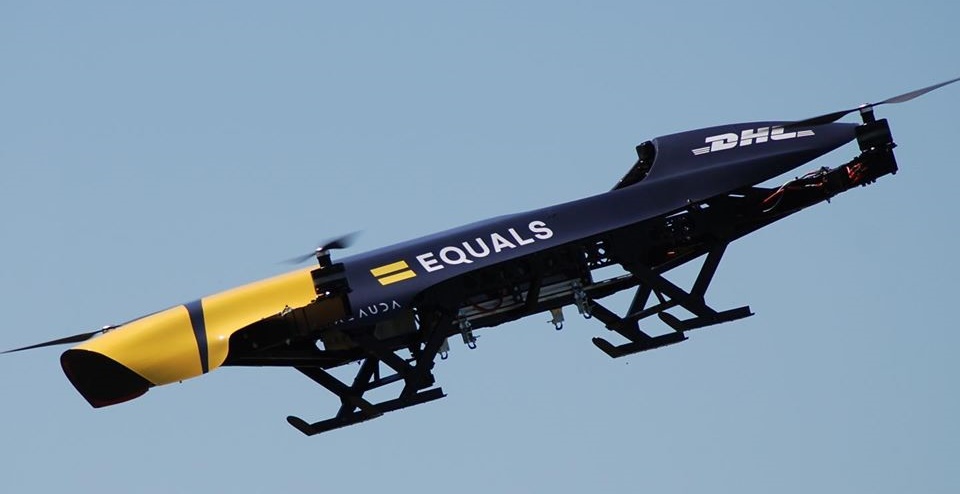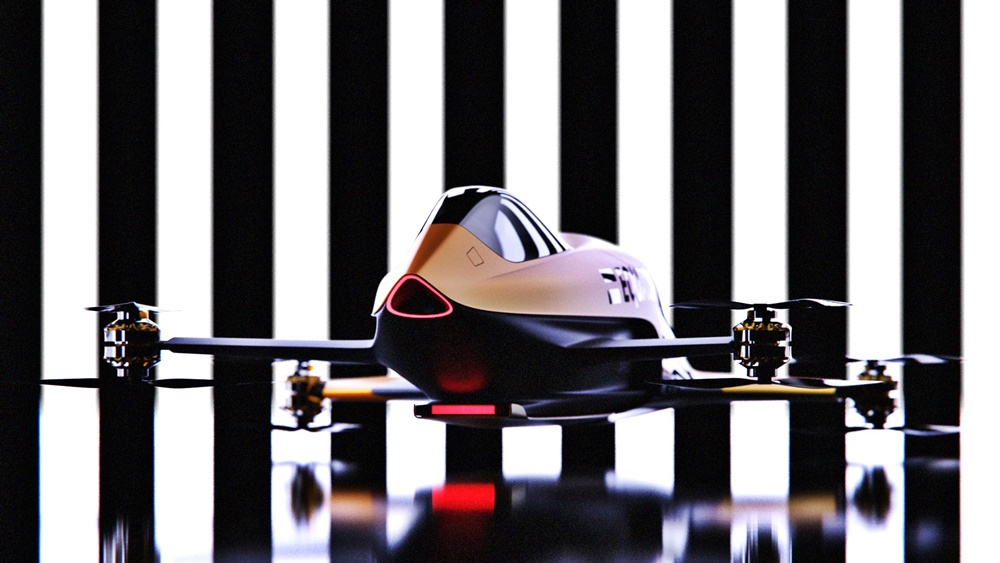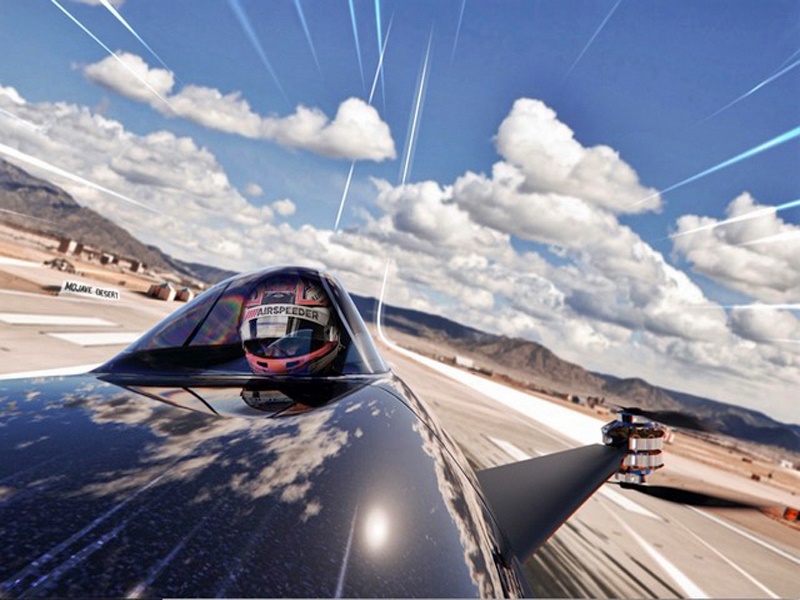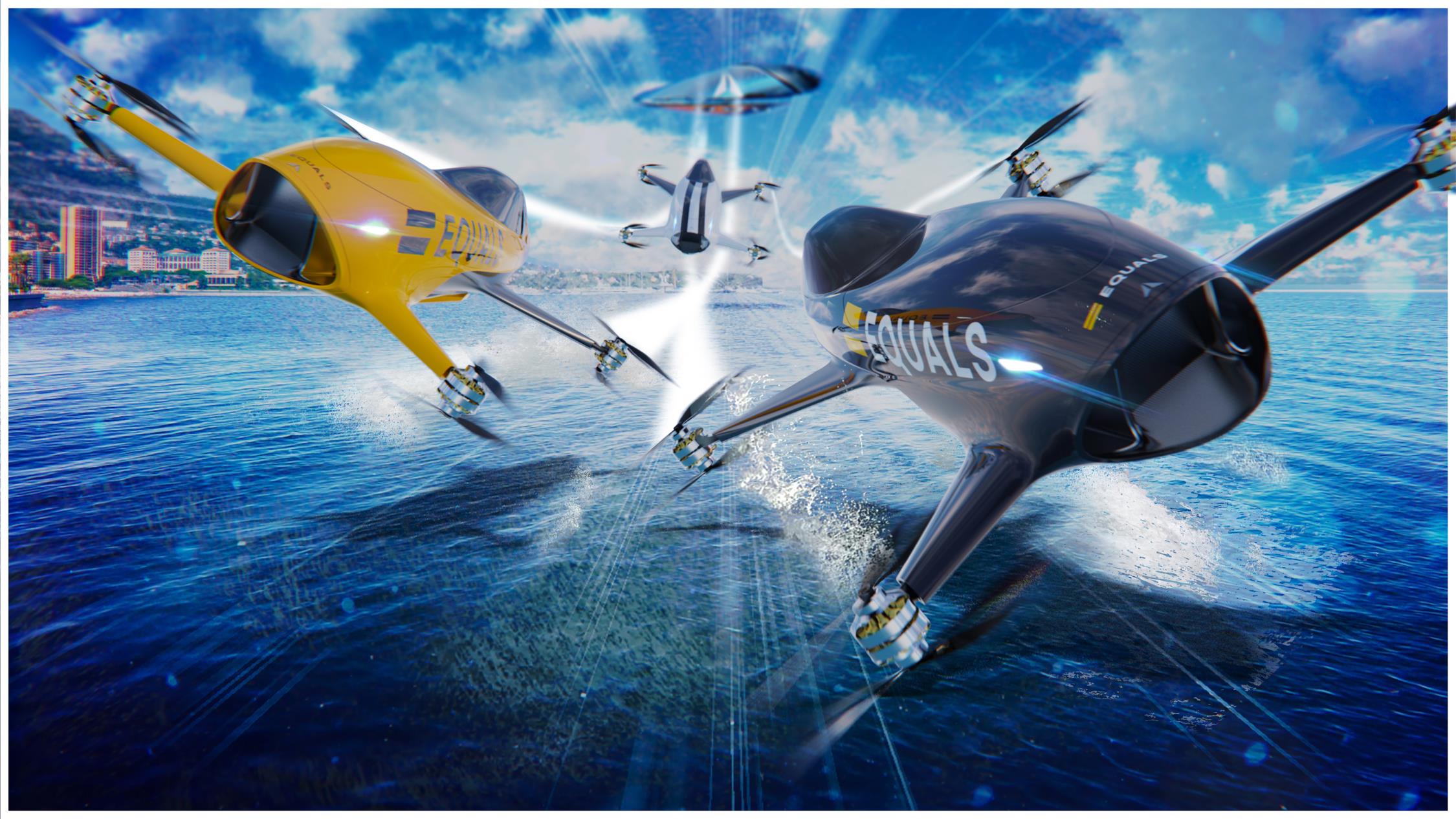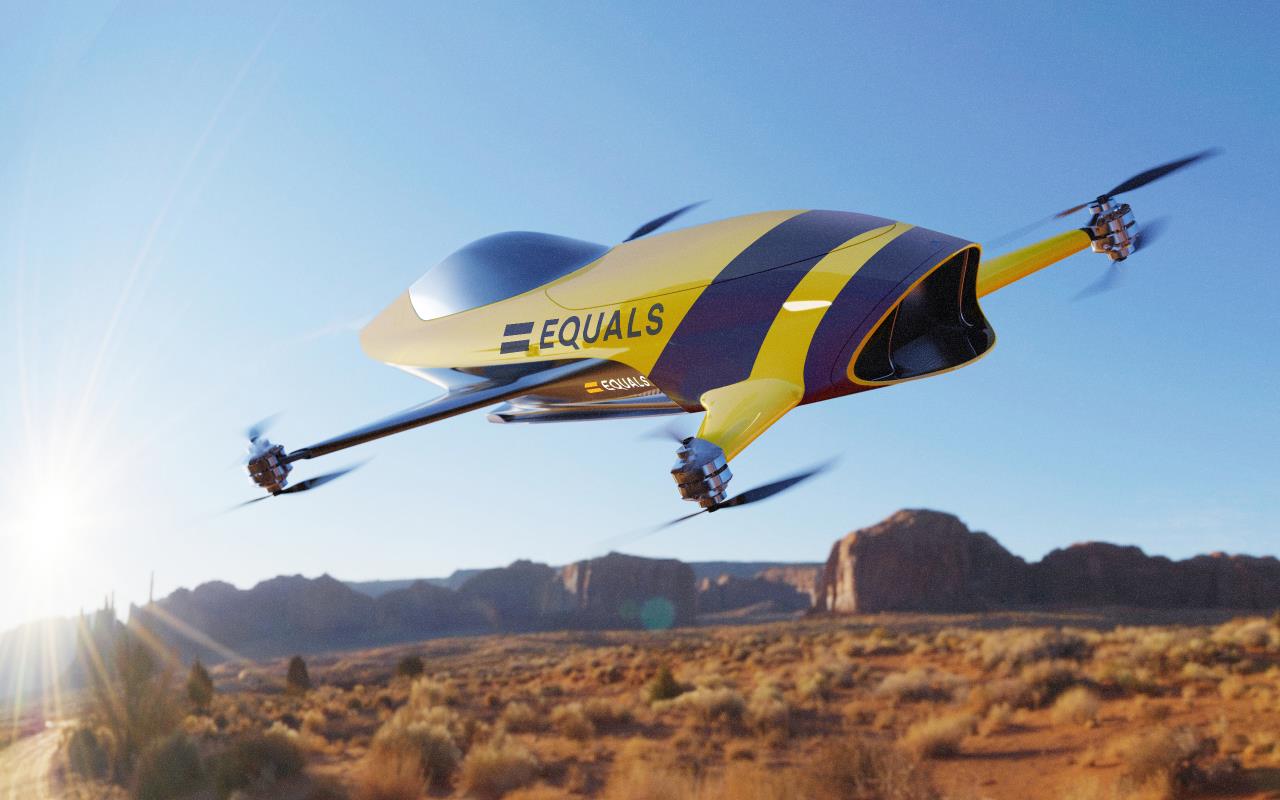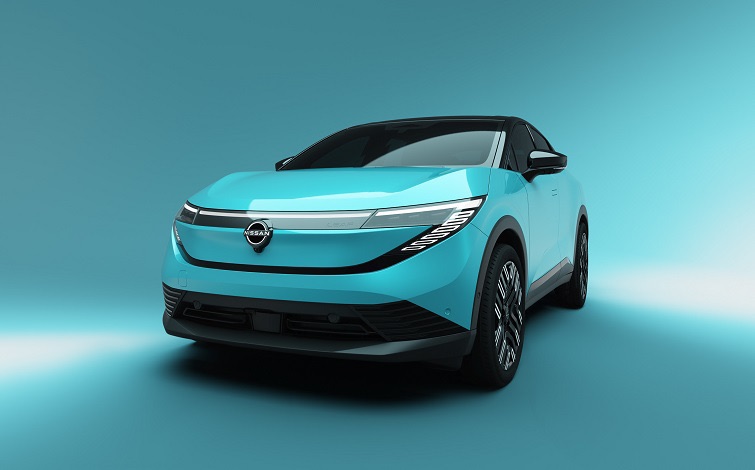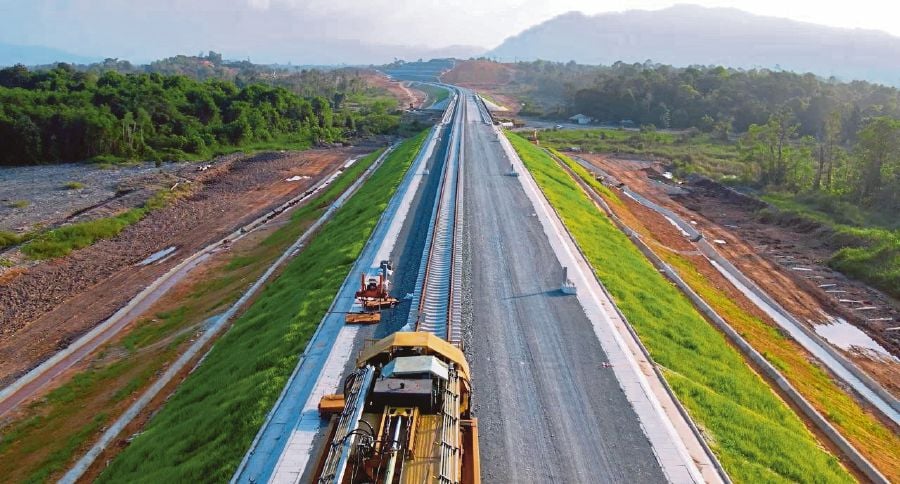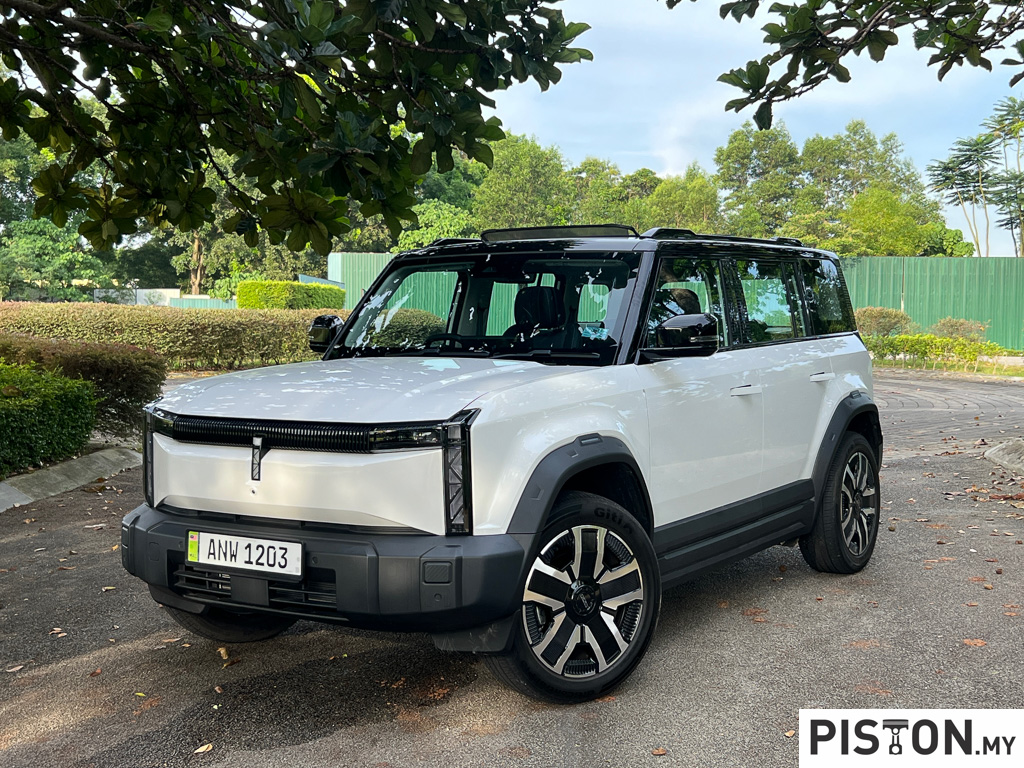Malaysia was to have a ‘flying car’ last year but it seems to be delayed for reasons unknown and even the minister who was most supportive is no longer in the same position. Meanwhile, elsewhere in the world, other companies have been carrying out trials – without all the secrecy that surrounded the Malaysian project – of flying cars and there is even a flying electric racing car.
Alauda is the company that has developed the world’s first flying electric racing car which will be used in remotely piloted Airspeeder competitions in 2021. Remote pilots will fly electronically governed courses at speeds of up to 120 km/h in the event that will stand as a technical test-bed and feeder series to a manned racing series in 2022.
Competition drives progress faster
“The unveiling of the world’s first full-sized electric flying racing car is a landmark moment in the dawn of a new mobility revolution. It is competition that drives progress and our racing series is hastening the arrival of technology that will transform clean-air passenger transport, logistics and even advanced air mobility for medical applications. The world’s first electric flying car races will take place this year and will be the most exciting and progressive motorsport on the planet,” said Matthew Pearson, Founder of Airspeeder and Alauda Aeronautics.
The fully functioning electric flying racing car, in its third development version, is a full-sized remotely-operated electric vertical take-off and landing vehicle (eVTOL). It represents the realisation of more than 3 years development work to create a sport that will accelerate a new clean-air aerial mobility revolution.

Production underway for teams
A full grid of Mk3 electric flying race-craft is currently being manufactured at Airspeeder and Alauda’s technical HQ in Australia. More than 10 identical racing vehicles will be produced and supplied to teams in 2021. The craft is being developed and manufactured by a team drawn from leading names in aerospace, automotive and motorsport technology such as McLaren, Babcock Aviation, Boeing, Jaguar Land Rover, Rolls-Royce and Brabham.
The initial Mk3 races will provide vital information on vehicle dynamics, performance, safety and powertrain technology that will inform the final development of the manned Mk4 Airspeeder vehicle. Racing will play a vital role in hastening the arrival of eVTOL technologies which promise to revolutionise urban passenger mobility, logistics and even remote medical transport.
Safe environment with key innovations
Both the remotely piloted Mk3 programme and manned Airspeeder Mk4 flying cars will provide a safe environment from where key innovations around safety, noise and batteries can be refined and fed into the wider development of the growing industry.
The craft, which will be operated by an expert remote operator from the ground, features a suite of technologies and engineering elements never before seen on an eVTOL craft. These innovations will be validated in this key unmanned proving phase and include LiDAR and Radar collision avoidance systems that create a ‘virtual forcefield’ around the craft to ensure close but ultimately safe racing.
The Mk3 features a carbonfibre frame and fuselage chosen for its strength, stiffness and lightweight properties, which ensures manoeuvrability, performance and efficiency. The carbonfibre frame and fuselage adds a vital mechanical layer of safety, which will be further enhanced by a full carbonfibre monocoque body to be introduced on the Mk4 vehicle.
The powertrain has a 96 kW electric motor with a thrust to weight ratio above 2.0, on a craft that weighs just 100 kgs unmanned. This means that the Mk3 speeders will be able fly at speeds in excess of 120 km/h.
The design and dynamics
The Mk3 speeders are laid-out in an ‘octocopter X formation’. This provides significant advantages to pilots in terms of manoeuvrability and stability. When racing, the pilot will be able to make the same sharp hairpin style turns as a Formula 1 car but with the added third dimension of being able to move vertically. The octocopter configuration also adds an important measure of vehicle redundancy and will ensure the craft can safely land and remain in control should a rotor or battery system fail.
Airspeeder races will include rapid pit stops and to facilitate this, Alauda’s engineers have developed an innovative ‘slide and lock’ system for the rapid removal and replacement of batteries when on the ground. There will be different battery packs to suit racing conditions. For example, a lighter battery pack can be selected to deliver more manoeuvrability at the cost of raw power or endurance.
Airspeeder aims to be a truly global sport. While its technical HQ is in Australia, commercial operations are run from England. 2021 will see growth in its existing presence in the UK through the creation of a full-time engineering base, a strategic decision made on the basis of Britain’s standing as a technical and engineering powerhouse in motor-racing and advanced aerospace development.
“Airspeeder is built on the philosophy that nothing accelerates technical progress like sporting competition. The next generation sport plays the same role the pioneers of Formula 1 did nearly a century ago in driving technical development and building public acceptance for a new mobility revolution. The eVTOL sector is primed to transform urban aerial transport, global logistics and even remote medical transport with a clean-air, zero emissions aerial transport solution,” said Alauda’s founder.
Airspeeder – a radical new airborne motorsport for the 21st century [w/VIDEO]



